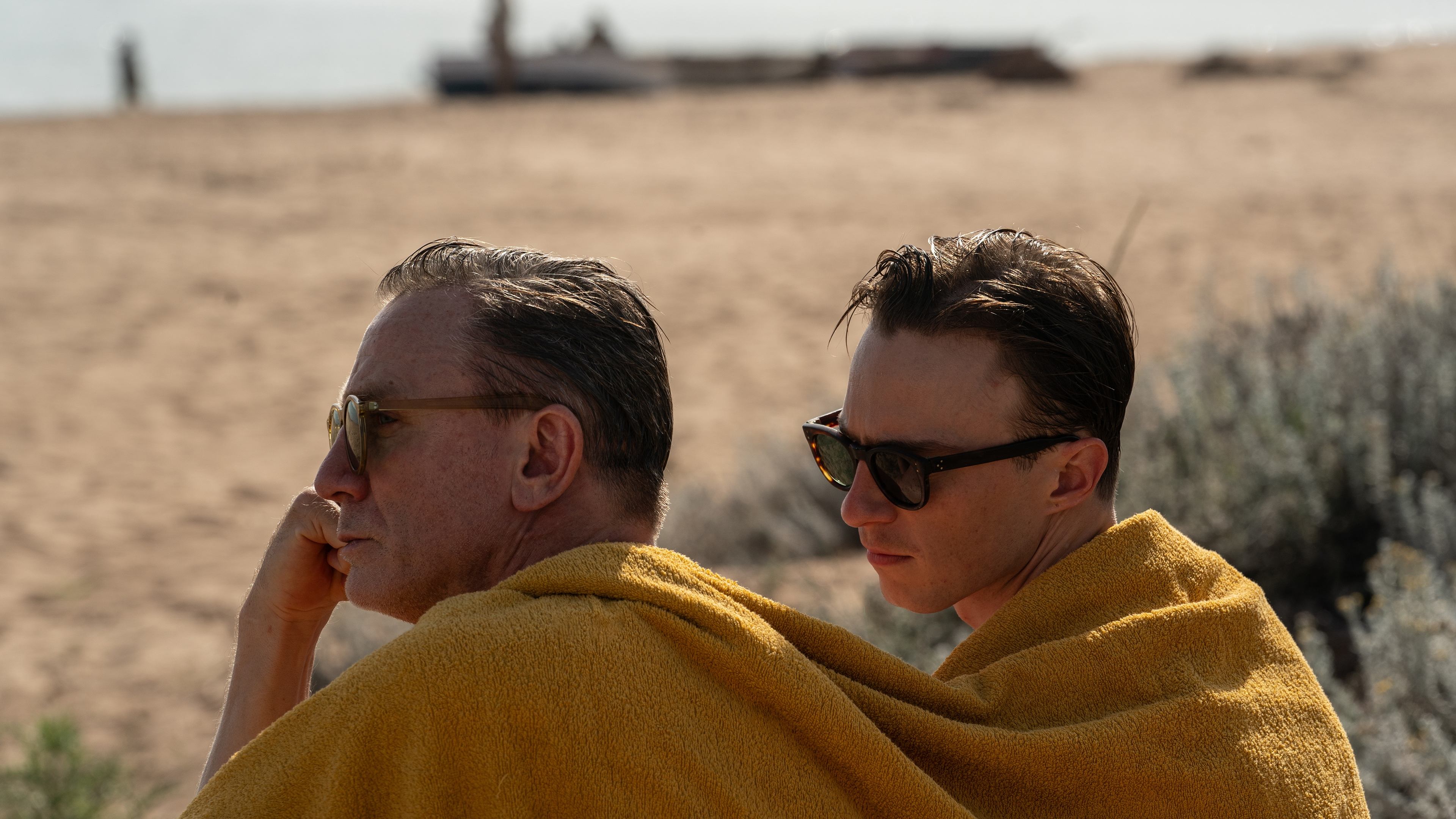Watch Queer (2024) Movie

1950. William Lee, an American expat in Mexico City, spends his days almost entirely alone, except for a few contacts with other members of the small American community. His encounter with Eugene Allerton, an expat former soldier, new to the city, shows him, for the first time, that it might be finally possible to establish an intimate connection with somebody.

- mexico city, mexico
Okay, here's a unique article, focusing on the use and evolution of "queer" as a term, acknowledging its complex history and current usage. I've aimed for a style that's informative and engaging, making it likely to be indexed by Google.
**Title: Beyond Derogatory: How "Queer" Transformed into a Powerful Identity**
For decades, the word "queer" dripped with venom. It was a slur, a weapon wielded against anyone who deviated from heteronormative expectations. Whispered in school hallways, shouted from car windows, etched onto bathroom stalls – it was a word that instilled fear and shame in LGBTQ+ individuals. However, the evolution of language is a fascinating, often unpredictable process. Today, "queer" is no longer solely defined by its derogatory origins. It’s been reclaimed, redefined, and empowered, becoming a vital term within the LGBTQ+ community, representing a spectrum of identities and experiences.
The journey from weapon to badge of honor is complex. In the late 1980s and early 1990s, amidst the AIDS crisis and the burgeoning LGBTQ+ rights movement, activists began to intentionally use "queer." They sought to desensitize the term, stripping it of its power to wound. This reclamation was driven by a desire for radical inclusivity and a rejection of societal norms that often forced individuals into rigid, easily digestible labels. "Queer Nation," formed in 1990, was a prominent example of this embrace, using the term to unite diverse groups under a banner of resistance and solidarity.
Why "queer" specifically? Its inherent ambiguity became its strength. It offered a space for individuals who felt constrained by the limitations of labels like "gay," "lesbian," or "bisexual." It encompassed those who identified as pansexual, asexual, genderqueer, and countless other identities that didn't fit neatly into pre-existing categories. "Queer" became an umbrella term, encompassing not just sexual orientation but also gender identity, expression, and even political perspectives. It was, and remains, a refusal to be categorized and a celebration of difference.
However, the reclamation of "queer" has not been without its controversies. For many, the sting of the slur remains too raw. They carry the weight of past trauma and find it impossible to detach the word from its history of hate. For others, the term feels too broad and lacks the specificity they desire in identifying themselves. These are valid concerns, and it's crucial to acknowledge the ongoing debate within the LGBTQ+ community regarding the use of "queer."
Respectful dialogue is paramount. Understanding the varying perspectives and honoring individual preferences is essential. No one should be pressured to identify with a label they are uncomfortable with. The use of "queer," like any identity marker, should be self-determined.
Ultimately, the story of "queer" is a testament to the resilience and agency of the LGBTQ+ community. It’s a reminder that language is fluid and can be reshaped to reflect evolving identities and values. While its past may be rooted in hate, its present is defined by empowerment, inclusivity, and a radical embrace of self-expression. The power of "queer" today lies not just in its defiance but in its ability to create space for a multitude of voices and experiences, fostering a more inclusive and understanding world for all.

Post a Comment